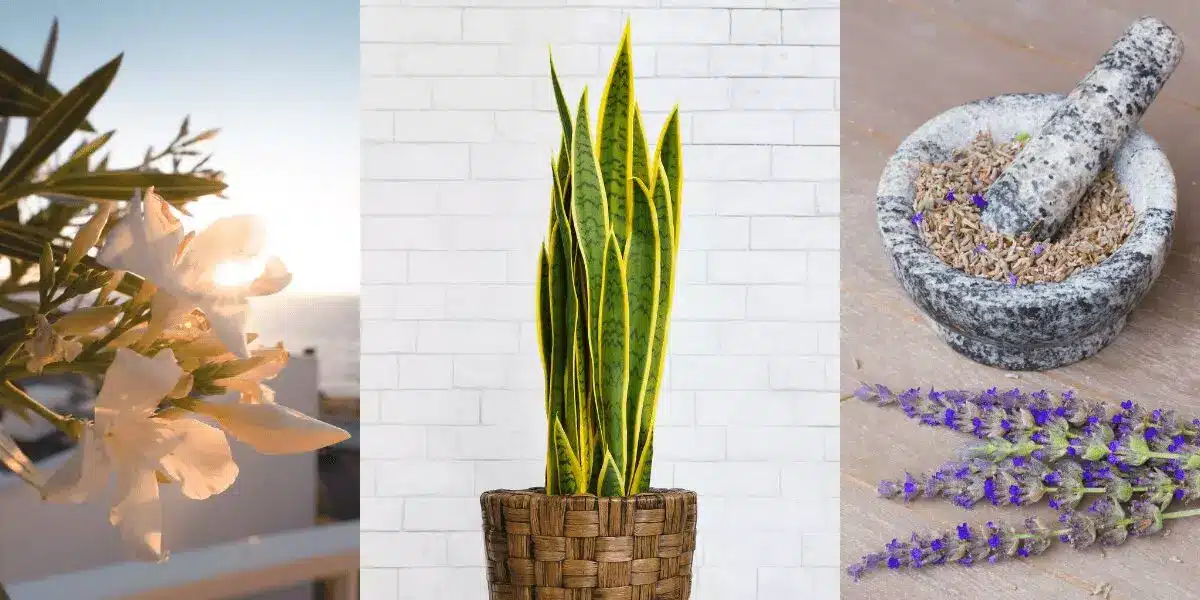Toxic Houseplants Every Cat Owner Should Avoid for Pet Safety
Having houseplants can greatly enhance the ambiance of your home, but if you own a cat, it’s vital to be mindful of which plants you introduce to your space. Some popular houseplants can be toxic to cats, leading to serious health issues. Below are common houseplants that every cat owner should avoid.
1. Aloe Vera Plants
Aloe vera is a trendy succulent known for its benefits to humans, but it’s toxic to cats. Ingesting this plant can lead to signs of gastrointestinal distress such as vomiting and diarrhea. It’s best to keep aloe vera out of reach from your feline friends.
2. Snake Plants
Snake plants, also known as Sansevierias, are known for their air-purifying properties. However, they are also harmful to cats. If your cat chews on the leaves, it may experience nausea and vomiting.
3. English Ivy
Known for its climbing vines, English Ivy is visually appealing but toxic to cats. Symptoms of ingestion include stomach pain and excessive drooling. The leaves are more toxic than the berries.
4. Dumbcane
Dumbcane, or Dieffenbachia, can cause severe reactions in cats. It may lead to difficulty swallowing and excessive drooling if ingested, along with a burning sensation in the mouth.
5. Lavender
Lavender, renowned for its aromatic qualities, is not safe for cats. Cats that nibble on this plant may experience vomiting or lack of appetite, so it’s best to avoid having it around.
6. Lilies
Lilies are one of the most dangerous plants for cats. All parts of this plant are toxic, and even a small amount can lead to acute kidney failure. Symptoms include vomiting and lethargy, so it’s crucial to keep lilies out of the home.
7. Yew
The Yew plant is highly toxic to cats. It can result in sudden heart failure and death in cats upon ingestion. Early signs include trembling and seizures, indicating urgency for medical attention.
Keep Your Cats Safe
It’s a challenge to balance being a plant enthusiast and a cat owner. Always research plants before bringing them into your home, especially if you are unsure of their safety. The ASPCA provides a comprehensive list of toxic plants for pets. Consulting with your veterinarian can also help to ensure your furry companions remain safe.









Facebook Comments